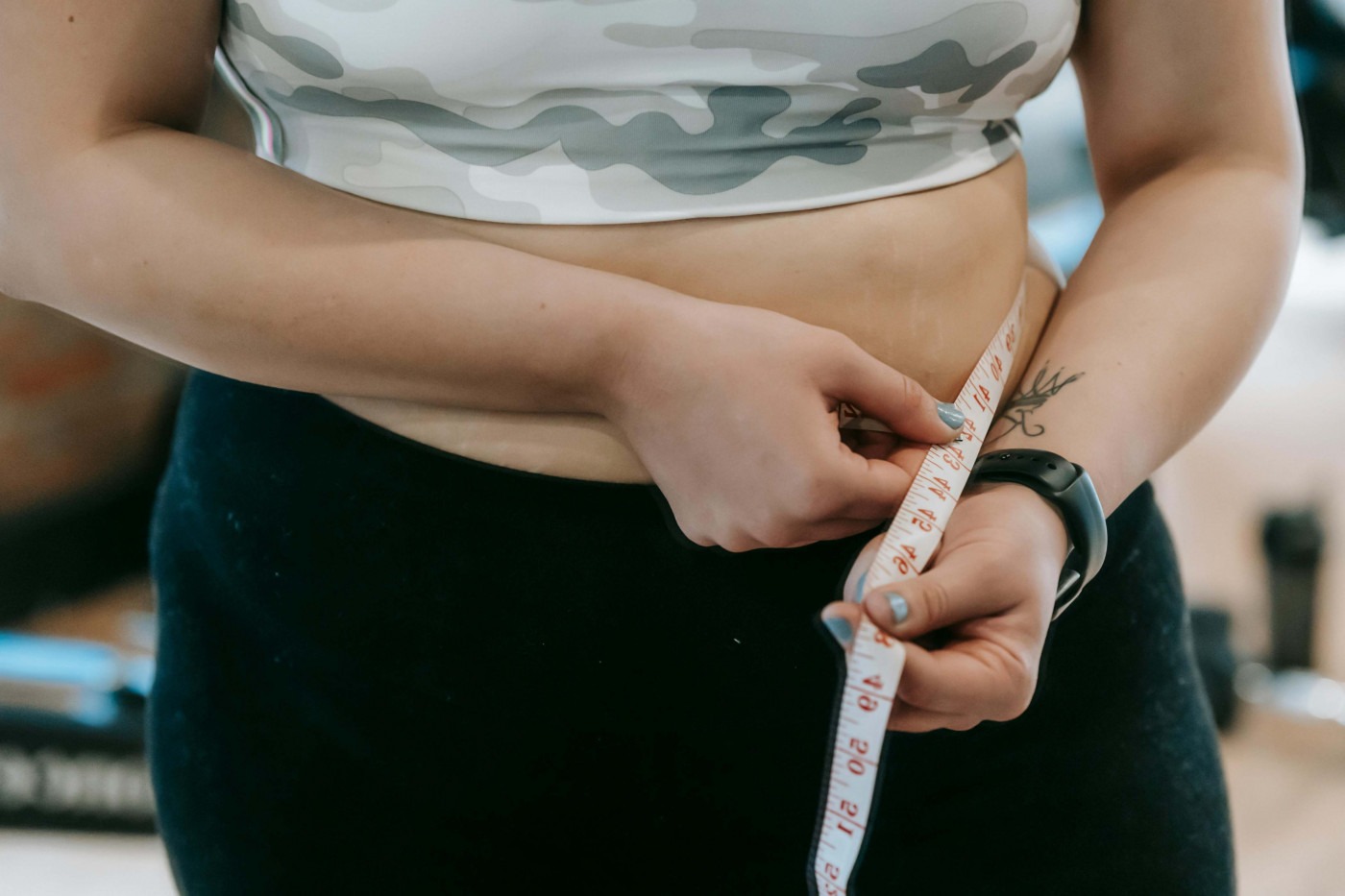Is body positivity the way forward or is it a thing of the past?
The Kardashians have undone their body enhancement surgeries, Elon Musk is on ozempic, and the ‘ballet body’ is trendy again – what’s going on with body positivity? Was it all a trend? Was it just a commercial opportunity? Maybe body ‘positivity’ was rigged from the start, and we need to adopt a new attitude altogether.
The weirdest thing is that bodies keep going in and out of fashion
Over the 2010s, we saw a wave of support for bodies big and small, old and young, an embrace of curves and wrinkles in fashion and all over the internet. 10 years on, with the addition of new weight loss drugs to the market and only 0.8% of models in the autumn/winter season of 2024 being plus-sized, it seems body positivity might have climbed into the backseat. The 2020s don’t seem to have taken up the mantle of acceptance as the decade which came before us, normalising enhancement surgeries such as botox and lip injections. It’s so extreme that the sight of a naturally ageing celebrity becomes quite daunting to the public eye. Now with the introduction of ozempic, a weight loss drug designed for people with Type-2-diabetes, we must wonder why conventionally attractive actors like Florence Pugh and Sydney Sweeney are being shamed for their weight.
To me, I don’t believe that ozempic is the cause of these fluctuating beauty standards so much as it is a symptom of the trend cycle. The weirdest thing is that bodies keep going in and out of fashion. Last decade, we saw body enhancement surgeries, for example in multiple of the Kardashians, following a popularisation of the curvy body. I often see it argued that each decade from the past hundred years or so actually has an ‘ideal’ female body type. You can even see it in lingerie, from bullet bras to push-ups. And now, like a pendulum, it seems skinny is trendy again. Berlin brand Namilia even featured a vest during Fashion Week sporting the slogan “I <3 ozempic”, apparently intended to be a satirical critique of high fashion’s extreme standards when it comes to weight. However, when the model sporting said vest is size zero, I am not sure it sends quite the right message. What might have been intended as a criticism of unspoken weight loss amongst celebrities feels more like a joke that didn’t land – excluding anyone who does not meet high fashion standards.
If influencers preach self-love and self-care, whilst showing us how to use homemade botox, what kind of message does that send?
So when I say body ‘positivity’ might have always been rigged, I mean this: for those amongst us who can afford drugs like ozempic and expensive ‘organic’ diets designed to keep you thin, skinny is all well and good. But when you can’t afford cucumber water, pilates, gym memberships, and completely organic diets popularised by Instagram influencers, you are left with body positivity. It seems like the whole movement is underscored by hypocrisy. If influencers preach self-love and self-care, whilst showing us how to use homemade botox, what kind of message does that send? Love yourself, it’s empowering! But how empowering is it really, if it’s your only choice? Maybe the ozempic craze is concerning, but do we really need to be told that by models and fashion designers instead of the people with diabetes struggling to access medication?
It leaves us wondering whether the companies and influencers who were able to leave body positivity behind so quickly, only pursued it in the first place because of the commercial opportunity. Plus-sized model Enrika described to the BBC the way that brands would airbrush out stretch marks on certain models and highlight them on others, choosing which aspects to play up or conceal so they could target specific consumer demographics. Then, when curviness became less trendy, they left it behind. When the trend cycle moves like a pendulum, it feels like this forced positivity was always going to swing the other way.
Comparison is the thief of joy, and social media works to make us forget this whenever we might be comparing ourselves to someone
That’s why we need to start pointing in a slightly different direction – neutrality. Even though certain companies, aspects of the fashion industry, and people on the internet seem to be spreading their ideals, I think that might just be a product of living in social media’s time. Comparison is the thief of joy, and social media works to make us forget this whenever we might be comparing ourselves to someone. However, it doesn’t seem to be perpetuating the belief that skinny is better than healthy. Instead, we see things like ‘intuitive eating’ and home workouts on our feeds. As Nelly Furtado suggested, maybe now we can continue pushing towards body neutrality, when essentially the message is: to each their own.

Comments